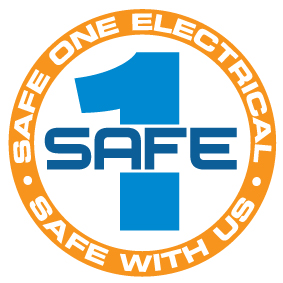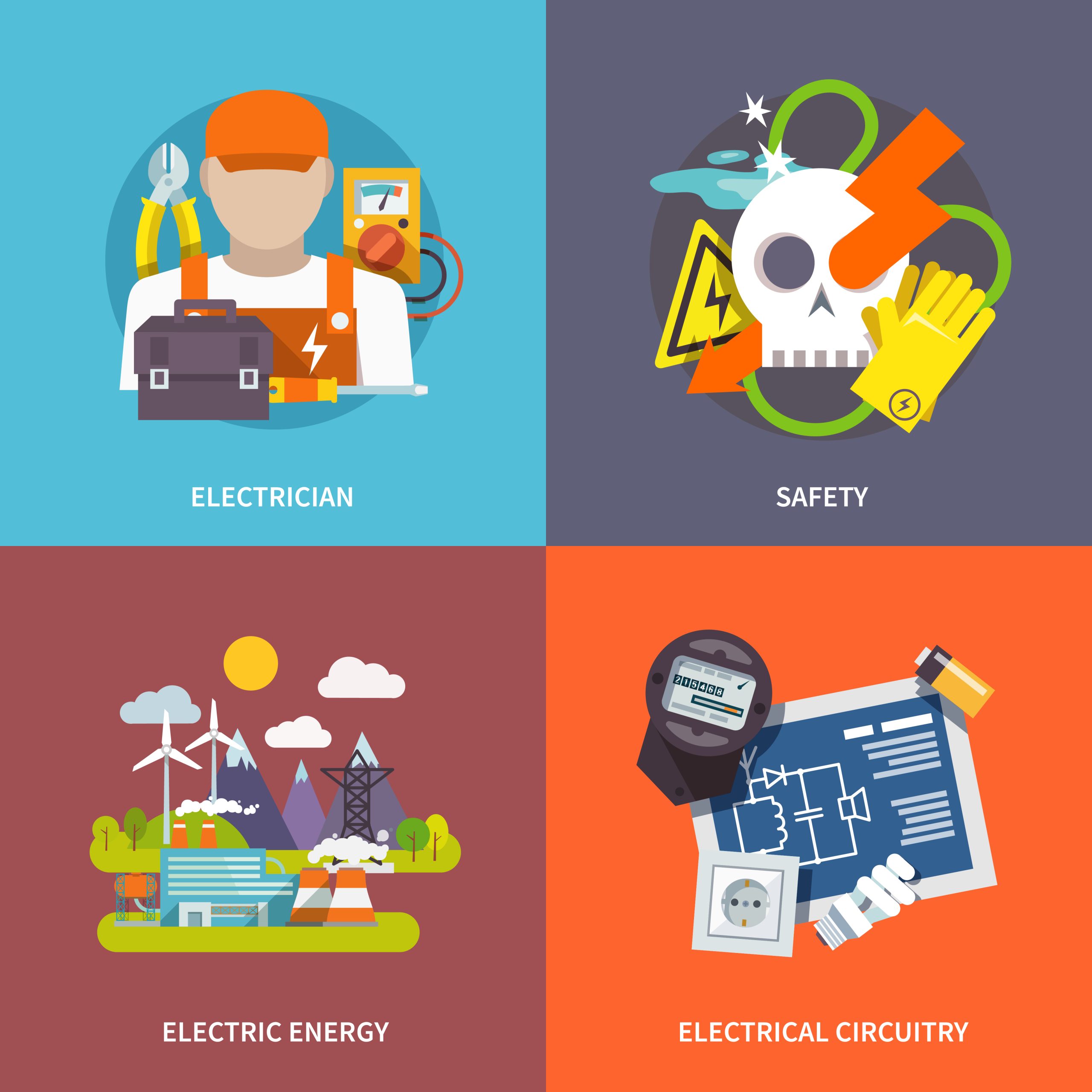Introduction Electrical Safety
Electrical safety is crucial for every homeowner to prevent accidents and ensure a safe living environment. Understanding and following essential safety tips can help you avoid common electrical hazards and protect your home and family. In this blog post, we will explore the top electrical safety tips, address common electrical problems, and offer practical advice for keeping your home safe.
1. Regularly Inspect Electrical Outlets and Cords
Why It’s Important: Faulty or damaged electrical outlets and cords are a common cause of electrical fires. Regular inspections can help identify potential hazards before they become serious problems.
What to Look For: Check for signs of wear and tear, such as frayed wires or scorch marks. If an outlet feels warm or makes crackling noises, it could indicate a problem.
Pro Tip: Avoid overloading outlets by using power strips with built-in circuit breakers.
2. Install Smoke Alarms and Carbon Monoxide Detectors
Why It’s Important: Smoke alarms and carbon monoxide detectors provide early warnings in case of a fire or dangerous gas leaks. These devices can save lives and prevent injuries.
What to Do: Install smoke alarms in every bedroom and on every level of your home. Test them monthly and replace batteries at least once a year. Similarly, install carbon monoxide detectors near sleeping areas.
3. Use Electrical Appliances Safely
Why It’s Important: Proper usage of electrical appliances can prevent accidents and extend the lifespan of your devices.
Safety Tips:
- Keep Appliances Dry: Avoid using electrical appliances near water.
- Unplug When Not in Use: Especially for items like toasters and irons.
- Follow Manufacturer Instructions: Always read and follow the user manual for proper use.
4. Hire a Qualified Electrician for Repairs and Upgrades
Why It’s Important: Electrical work can be dangerous if not done correctly. A licensed electrician has the expertise to handle repairs and installations safely.
When to Call an Electrician: For issues such as frequent tripping of circuit breakers, flickering lights, or any major electrical upgrades.
5. Educate Your Family About Electrical Safety
Why It’s Important: Everyone in the household should understand basic electrical safety to avoid accidents.
Safety Tips:
- Keep Children Away from Outlets: Use outlet covers to prevent accidents.
- Teach Kids Not to Overload Outlets: Explain the dangers of using multiple appliances at once.
6. Avoid DIY Electrical Work
Why It’s Important: Electrical systems are complex, and improper handling can lead to dangerous situations.
What to Do Instead: Always hire a licensed electrician for any electrical work, including installations, repairs, and troubleshooting.
7. Keep Electrical Systems Up to Date
Why It’s Important: Older electrical systems may not meet current safety standards and could pose a risk.
What to Do: Have your electrical system inspected periodically and upgrade it as needed to meet current codes and standards.
8. Understand and Use Circuit Breakers
Why It’s Important: Circuit breakers are designed to prevent overloads and electrical fires by shutting off power when a problem is detected.
How to Use: Familiarize yourself with the location of your circuit breaker panel and how to reset tripped breakers. If a breaker trips frequently, it may indicate a problem that needs professional attention.
9. Secure and Protect Electrical Wiring
Why It’s Important: Exposed or damaged wiring can be a fire hazard and may lead to electrical shock.
Protection Tips:
- Use Wire Covers: Protect exposed wires with appropriate covers.
- Secure Cables: Keep cords and cables out of high-traffic areas to prevent damage.
10. Be Aware of Common Electrical Problems
Common Issues: Some frequent electrical problems include flickering lights, frequently tripping circuit breakers, and outlets that don’t work.
Troubleshooting Tips: For minor issues, check connections and replace faulty outlets or switches. For persistent problems, consult a professional electrician.
Conclusion
By following these electrical safety tips, you can significantly reduce the risk of electrical hazards and ensure a safe living environment for your family. Regular inspections, proper use of appliances, and hiring qualified professionals are key to maintaining electrical safety in your home. Stay informed and proactive to keep your home safe and secure.

